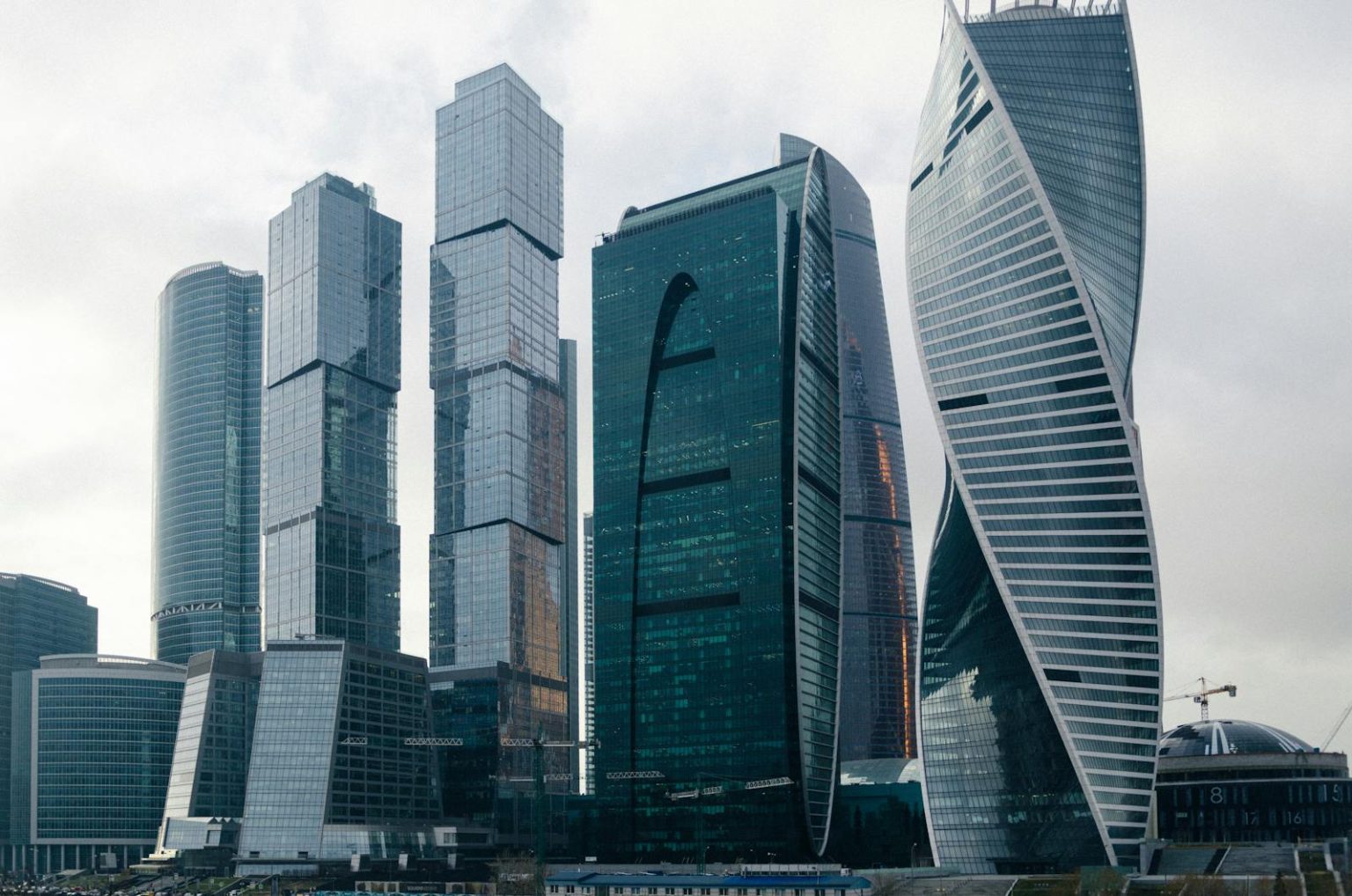A Russian court has imposed 2 billion euros in damages on Austrian bank Raiffeisen. This marks one of the largest damage assessments against a Western financial institution operating in Russia. Raiffeisen Bank International (RBI) is one of the most significant Western banks in Russia.
The ruling sets a landmark precedent in financial litigation involving foreign banks in the country. The court proceedings involved severe accusations and notable intensity. They were emblematic of the increasing tensions between Western financial institutions and Russian authorities.
A lawyer disclosed that armed individuals in balaclavas were present in the courtroom. This added an element of intimidation to the proceedings. It highlights the contentious and often precarious circumstances under which foreign businesses are currently operating in Russia.
The case was reported by the Moscow bureau. There were significant contributions from Alexander Marrow in London, Francois Murphy in Vienna, John O’Donnell in Frankfurt, and Gnaneshwar Rajan in Bengaluru. The reporting and editing team included Tomasz Janowski and Diane Craft.
This ruling arrives at a complex time for Raiffeisen Bank International. Economic and political dynamics between Russia and Western countries continue to evolve. The court’s ruling is seen by many as a direct warning to Western businesses.
It underscores the potential financial risks of maintaining operations in Russia amidst escalating geopolitical tensions. EU lawmakers have interpreted the ruling as a clear message to Western companies. They emphasize the growing risks companies face as the political climate continues to deteriorate.
A regional arbitration court granted a lawsuit filed by MKAO “Rasperia Trading Limited” against Raiffeisenbank, Strabag SE, Raiffeisen-Holding Niederösterreich-Wien, and several other foreign defendants. It awarded €2 billion ($2.1 billion) in damages on Monday.
Raiffeisen faces unprecedented penalty
Both Raiffeisen Bank and Strabag are subsidiaries of companies in Russia that are still operating. This is despite the massive withdrawal of western companies from the Russian market in response to sanctions and Russia’s invasion of Ukraine. According to the court’s ruling, this amount may be recovered from the assets of the Russian branch of Raiffeisen Bank International.
Reuters categorized the ruling as “one of the largest awards of damages yet.”
Raiffeisen (RBI) said it would appeal the judgment. Raiffeisen’s Russian subsidiary told The Moscow Times the court’s decision would not affect its financial stability. “The bank is fully prepared for any developments, with significant liquidity and capital reserves.
Therefore, this decision does not impact the bank’s operational activities, financial stability, or the interests of our clients,” Raiffeisen’s Russian press service stated. According to Reuters, the bank also indicated that it would need to allocate a provision in last year’s financial statements to help cover the €2 billion damages award. A lawyer representing Raiffeisen Bank questioned the legality of the lawsuit.
“This lawsuit, with a huge number of gross violations, is an attempt to force the sale of blocked assets through a Russian court,” Andrei Timchuk, partner at Delcredere, Raiffeisen Bank’s representative, said. Timchuk highlighted issues such as limited evidence and file petitions presented, as well as the restricted ability for the defendants to speak. “The court hearing was attended by unidentified armed people in balaclavas, whom the court sat next to the defendant with the obvious goal of exerting additional pressure,” Timchuk added.
The plaintiff, Rasperia Trading Limited, is identified by the US as part of a group of Russian companies still controlled by Russian tycoon Oleg Deripaska. A spokesperson for Deripaska claimed on Monday that he had no links with the company. The dispute arose after the failure of an earlier deal that Raiffeisen had hoped would allow it to unlock some of its frozen assets in Russia.
The case was centered on a claim by Russian investment company Rasperia against builder Strabag, its Austrian shareholders, and the Russian arm of Raiffeisen. In 2023, Raiffeisen Bank International announced that it would purchase a 24.1% stake in the Austrian construction giant Strabag, from Rasperia for €1.5 billion ($1.635 billion). This stake had been frozen due to sanctions.
Despite the invasion of Ukraine in 2022, Raiffeisenbank has denied leaving the Russian market. This is due to links between the heads of the bank and Austrian pro-Russian politicians, as well as the substantial profits the bank was unwilling to forgo. Raiffeisen “had earned around €6 billion ($6.29 billion) in Russia from international payments and Russian deposits,” according to Reuters.

